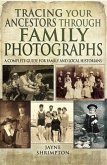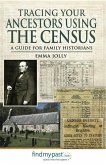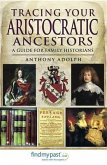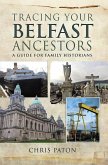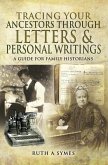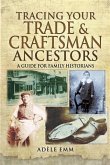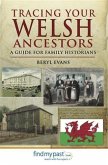Could your ancestors write their own names or did they mark official documents with a cross? Why did great-grandfather write so cryptically on a postcard home during the First World War? Why did great-grandmother copy all the letters she wrote into letter-books? How unusual was it that great-uncle sat down and wrote a poem, or a memoir?Researching Family History Through Ancestors' Personal Writings looks at the kinds of (mainly unpublished) writing that could turn up amongst family papers from the Victorian period onwards - a time during which writing became crucial for holding families together and managing their collective affairs. With industrialization, improved education, and far more geographical mobility, British people of all classes were writing for new purposes, with new implements, in new styles, using new modes of expression and new methods of communication (e.g. telegrams and postcards). Our ancestors had an itch for scribbling from the most basic marks (initials, signatures and graffiti on objects as varied as trees, rafters and window ledges), through more emotionally charged kinds of writing such as letters and diaries, to more creative works such as poetry and even fiction. This book shows family historians how to get the most out of documents written by their ancestors and, therefore, how better to understand the people behind the words.
Dieser Download kann aus rechtlichen Gründen nur mit Rechnungsadresse in A, B, BG, CY, CZ, D, DK, EW, E, FIN, F, GR, HR, H, IRL, I, LT, L, LR, M, NL, PL, P, R, S, SLO, SK ausgeliefert werden.



